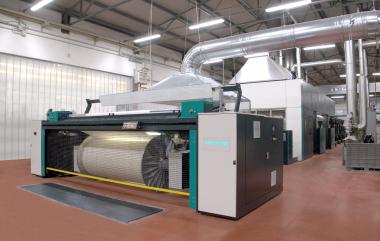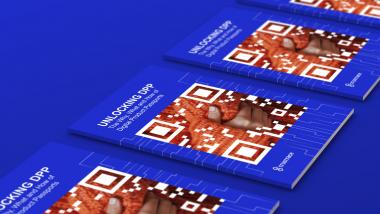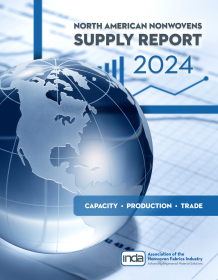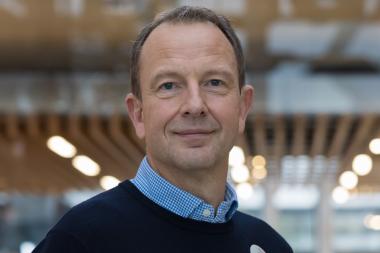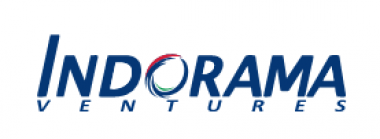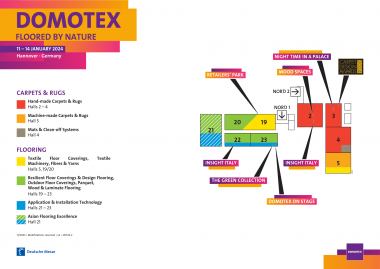Vorschau auf MUNICH FABRIC START und VIEW
Unter dem Leitthema „Intuition“ lädt die MUNICH FABRIC START am 3. und 4. September 2024 die Modebranche ein, sich auf ihre innere Stimme zu besinnen.
Die kommende MUNICH FABBRIC START wird auf einer Gesamtfläche von 42.500 Quadratmetern erneut zu einem Treffpunkt der europäischen Modeszene. Die Veranstaltung vereint Designer, Produktverantwortliche und Modemacher, um in den circa 1.000 Kollektionen internationaler Premium-Hersteller die neuesten Trends für die Saison Herbst/Winter 2025/26 zu entdecken. Mit einer klaren Struktur und einem fokussierten Angebot in den acht Bereichen – ADDITIONALS, FABRICS, ReSOURCE, BLUEZONE, DESIGN STUDIOS, KEYHOUSE, SUSTAINABLE INNOVATIONS sowie THE SOURCE – bietet die MUNICH FABRIC START einen Überblick über relevante Entwicklungen der Modeindustrie.
Eines der Highlights der MUNICH FABRIC START wird das Live-Event von Li Edelkoort sein, das als Private Lecture am 4. September 2024 von 11:00 bis 13:00 Uhr im MOC München stattfinden wird. Als anerkannte Trendforscherin wird Edelkoort Einblicke in die kommenden Modetrends geben und ihren Trend Forecast für Fashion, Textiles und Colour der Saison Autumn.Winter 2025-26 vorstellen. Zudem wird die Messe durch die Laufzeitverkürzung von drei auf zwei Tage effizienter gestaltet, was den Bedürfnissen der Branche nach fokussierteren Events mit kürzeren Reisezeiten entgegenkommt. Die Messe richtet sich damit an den aktuellen Markttrends, den Bedürfnissen der Aussteller und Besucher sowie den Veränderungen in den Reise- und Budgetgewohnheiten der Branche aus.
Innovativ gestaltete Trendforen und Präsentationen bieten einen Überblick über die neuesten Entwicklungen. Die MUNICH FABRIC START ist damit erneut eine All-in-One-Sourcing-Lösung, die das gesamte Mode-Ökosystem an einem Ort vereint.
AUSBLICK AUF DIE VIEW: 26. + 27. Juni 2024
Zum Saisonauftakt auf der VIEW Premium Selection werden nächste Woche mehr als 260 Kollektionen für Autumn/Winter 25/26 in den Segmenten FABRICS, ADDITIONALS, DENIM und SPORTSWEAR in der Interim Location am Karlsplatz Stachus gezeigt. Neben zahlreichen weiteren Herstellern sind Achille Pinto, Akin Tekstil, Almodo, Balli Rafanelli Bold, Barth & Könenkamp Seiden, Calik Denim, Cervotessile since 1815, Clerici Tessuto, Davaris Textiles, Dutel Creation, Elyaf Tekstil, Emmetex/Masterloom, Erica + Compagnia Della Seta, Eton Textile, Fitecom, Fortex, Jackytex, Liberty Fabrics, Limonta, Lisa, Lyria, Malhia Kent, Mario Bellucci, Milior, Nova Fides, Özdoku, Riopele, Sharabati Denim, Sidogras, SMI, Takisada, Teijin Frontier, Tessuti di Sondrio, Texapel, Viscotex, Weft, We Nordic Label Studios vor Ort in München.
MUNICHFABRICSTART Exhibitions GmbH








